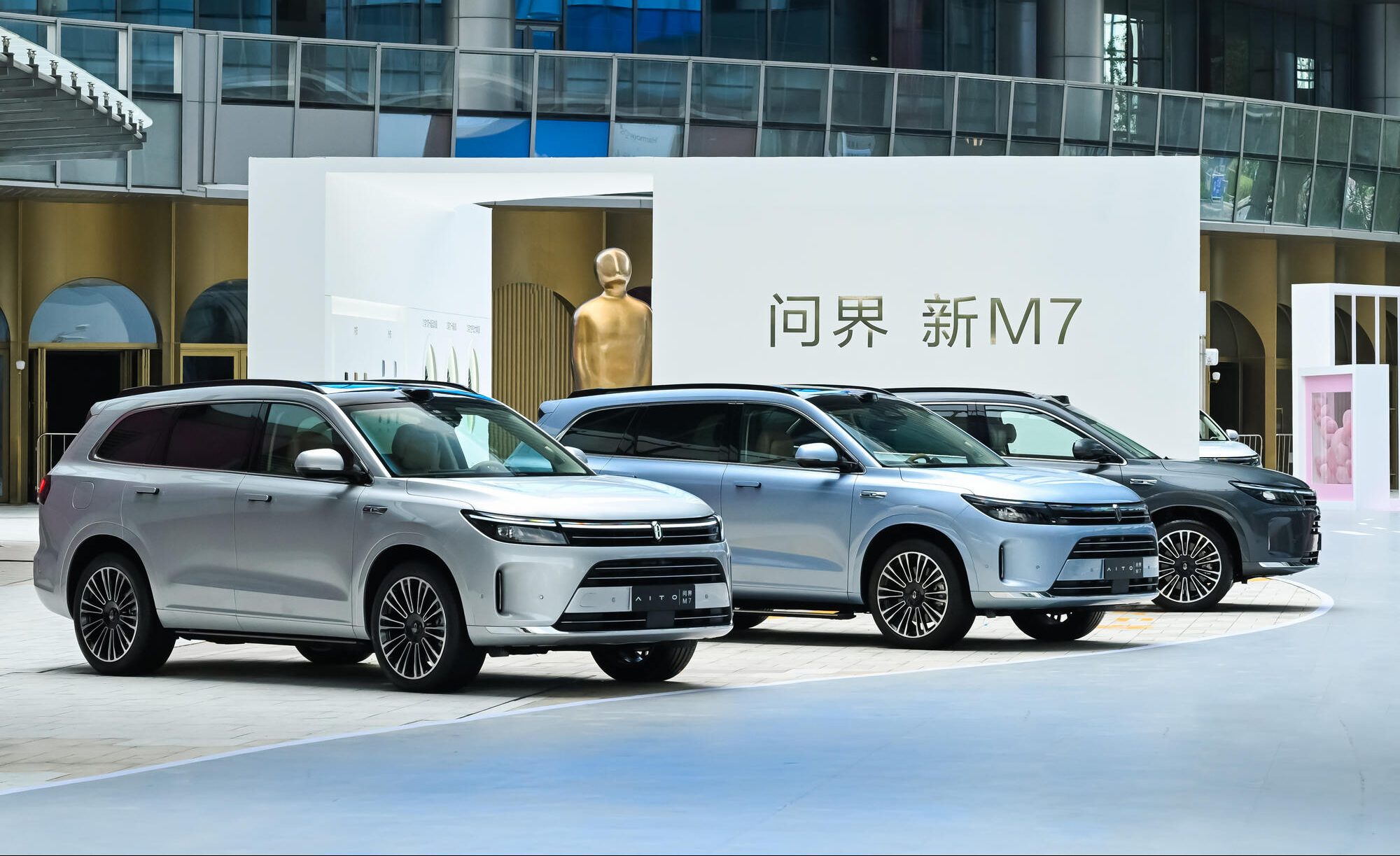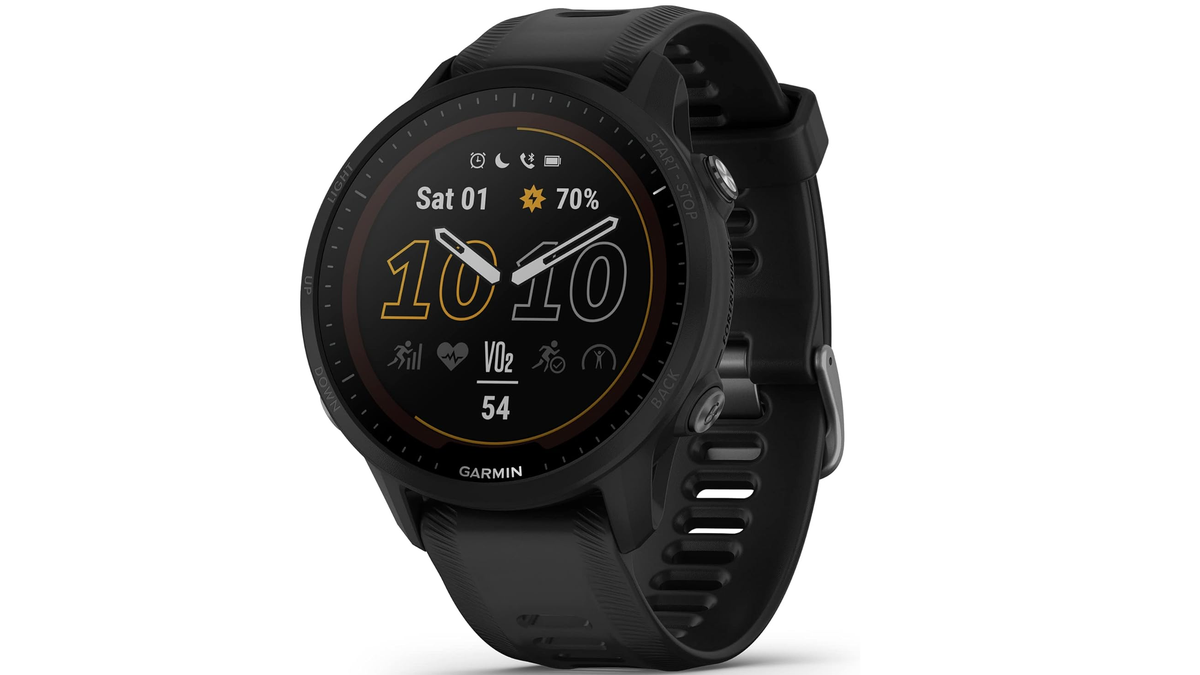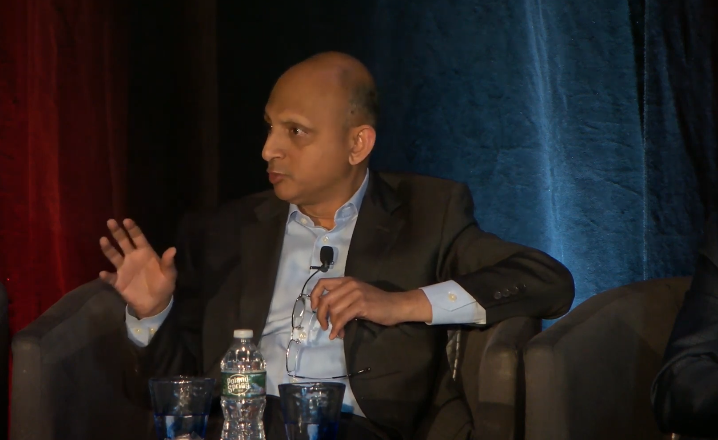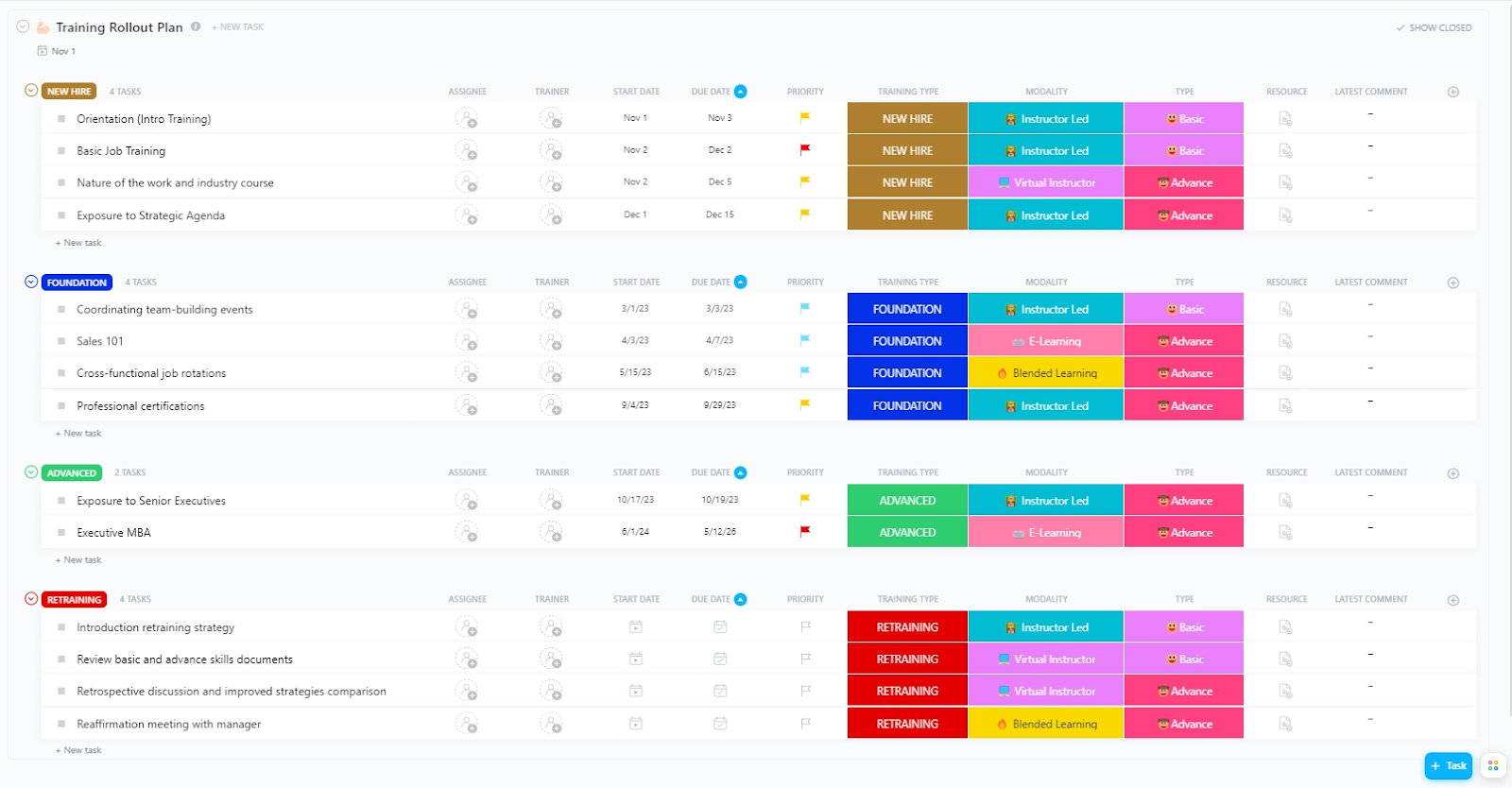Aito, a Chinese electric vehicle brand backed by Huawei, has received more than 50,000 non-refundable orders for its redesigned M7 in less than a month. The orders follow the Sept. 12 public launch of the sports utility vehicle, which features Huawei’s Harmony operating system and assisted driving technologies.
Why it matters: The latest sales figures, as revealed by a senior executive at Huawei, show tentative signs of a bounce-back for Aito from a months-long slump and could be a boost to the confidence of Huawei’s car manufacturing partners.
- Aito has also been buoyed by Huawei’s comeback in the smartphone market with the recent launch of its Mate 60 Pro series, following the US ban on exports of advanced semiconductor technology to the Chinese technology giant.
Details: The revamped M7 crossover has racked up more than 50,000 pre-orders with non-refundable deposits of RMB 5,000 ($685) as of Friday, Richard Yu, the chief executive of Huawei’s consumer business group, said in a post on Chinese social media app WeChat.
- Yu described the growth momentum of the new M7 as “a miracle,” adding that more than 10,000 customers placed their orders over the past two days. He called on sales employees to ramp up delivery to meet the growing demand (our translation).
- Accumulative orders per store averaged more than 80 following the launch on Sept. 12, according to figures posted Saturday by Sun Shaojun, founder of consumer behavior research agency CarFans. Aito said in June it operated a network of around 1,000 retail locations and service centers in 230 Chinese cities.
- Sun added that a surge in store traffic for Huawei’s new smartphones has boosted the sales of the Aito-branded EVs, produced by Chinese manufacturer Seres, over the recent National Day holiday season. Huawei began selling EVs with its little-known partner via its retail network in 2021.
- Roughly 40-50% of the M7’s buyers are Huawei smartphone users and were coming to the stores for the Mate 60 handsets, Jefferies analysts wrote in an Oct. 5 note, citing an executive of a Chinese auto dealership. Customers compare the six-seater with Li Auto’s L7, BYD’s Tang, and the Ford Edge, analysts said.
Context: Huawei on Sept. 12 unveiled the redesigned version of the M7 SUV, featuring Huawei’s Harmony operating system at a starting price of RMB 249,800 ($34,299), which is around RMB 70,000 lower than the initial version launched a year earlier.
- The vehicle also comes with Huawei’s latest assisted driving software, ADS 2.0, which will allow it to travel by itself on busy urban streets nationwide as early as December, making it one of the most ambitious players in the Chinese self-driving car space.
- Huawei has offered future owners of the new large-sized plug-in hybrid early access to purchase its Mate 60 smartphones. The Mate 60 Pro flagship handset reportedly incorporates a self-developed 5G processor, a breakthrough for the Chinese tech giant following US sanctions in 2019.
- Two-year-old Aito has seen sales slump during most of 2023 amid fierce competition from more established rivals such as BYD and Tesla. Seres, which produces Aito-branded EVs, recorded sales of around 33,000 units for the first eight months of this year, representing a 15.6% decline year-on-year.
- Meanwhile, Huawei has partnered with several other domestic automakers including Changan and BAIC. It is also on track to launch the S7 with carmaker Chery in November, the first sedan under a new marque called Zhijie in Chinese that will compete against Tesla’s Model S.
Related










